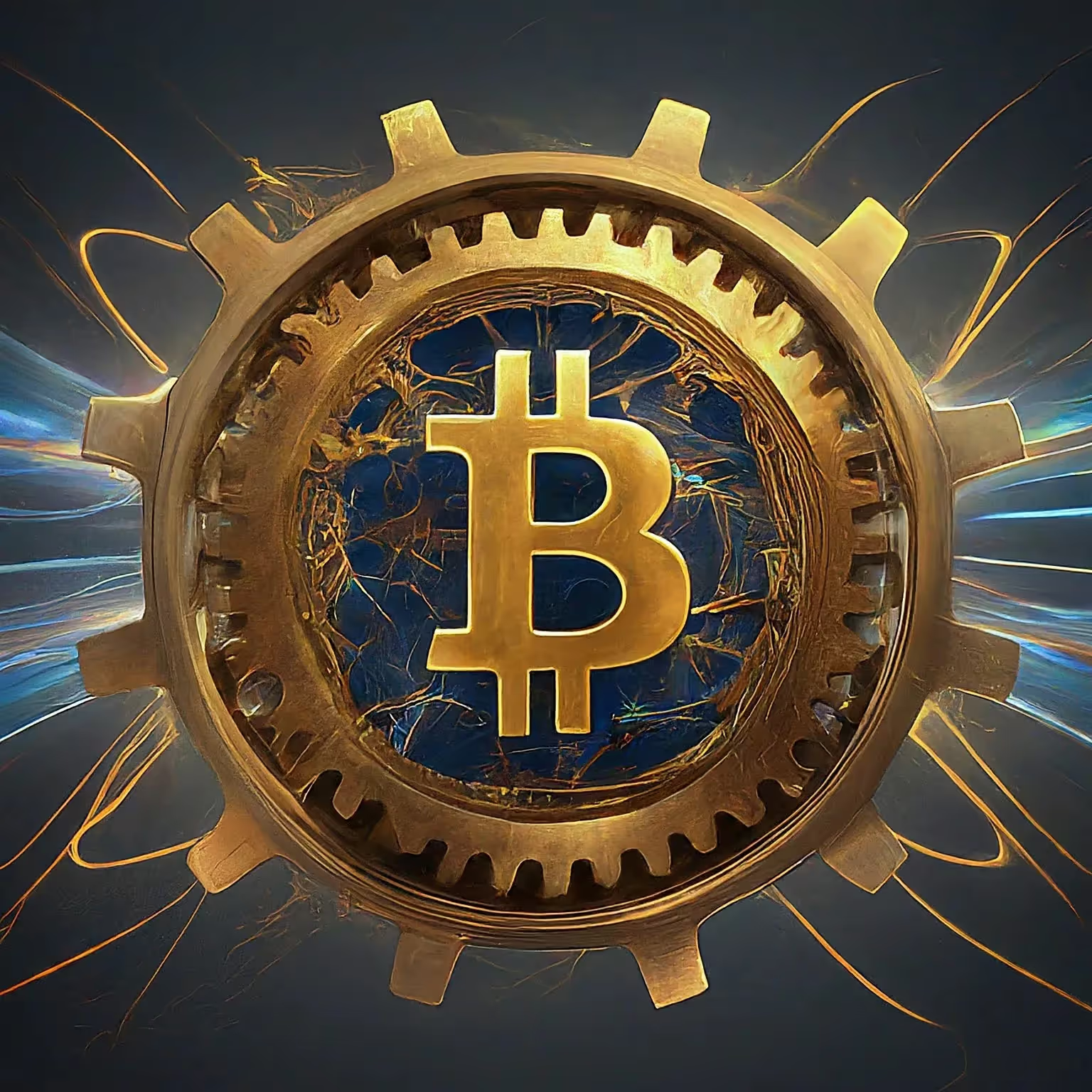Bitcoin and Decentralization: How It Works

Basic info first, what is Bitcoin and why is everybody talking about it? When it comes to cryptocurrencies, here is the thing. Bitcoin is a digital currency and global money system. What does that mean?
What is Bitcoin?
Launched in 2009 under the alias Satoshi Nakamoto, the cryptocurrency Bitcoin, is a form of digital currency. Bitcoin is different than what you know and use every day. Before you start using Bitcoin, there are a few things that you need to know in order to use it securely and avoid common pitfalls.
The Decentralized Nature of Bitcoin
At most fundamental level, Bitcoin is designed around decentralization. Bitcoin is decentralized, a trait that is unlike traditional currencies, so it has no one put at the centre, quite the way central banks operates. By enforcing a consensus mechanism, all these different nodes work together for network maintenance and to verify the transactions made through the network and to keep control from ever being in the hands of a single source.
How Bitcoin Transactions Work
After you make a transaction with Bitcoin, it is broadcast to a network of nodes. It is verified by these nodes using complex mathematical algorithms to ensure if the transaction is a legitimate one. After it has been confirmed, the transaction is recorded in the blockchain, which is a public ledger.
Blockchain Technology
Blockchain is a digital ledger that records every single Bitcoin transaction. Control of the ledger is decentralized, and it is transparent (which is different from open), secure and permanent. Each block in the blockchain comprises a number of transactions, and new blocks will be ordered and added to the chain at the end.
Mining and Consensus
The process of mining is how new bitcoins are created and transactions are confirmed on the Bitcoin network. Miners receive newly minted bitcoins as a reward when they are able to solve complex mathematical puzzles using large computers. It is even more costly as you must wait for network consensus on all transactions.
Bitcoin Wallets and Addresses
You will need a Bitcoin wallet to access the bitcoins in order to both store and spend them. A Bitcoin wallet is a digital wallet that is created to send, receive and to keep a record of the Bitcoins pieces safely. Every wallet has its own unique address which users can use to send and receive BTC on the network.
Security and Privacy in Bitcoin
Because Bitcoin is a non-sovereign form of money, the privacy and ultimate security is very high due to the decentralized nature of the network and its use of cryptographic protocols. Transactions are pseudonymous by default, and there are even controversial ways to acquire complete financial anonymity with the right amount of effort. Also, the immutability of the blockchain means that no fraudulent activity can alter the transactions once they have been verified.
Decentralization Beyond Bitcoin
Although the revolutionary Bitcoin brought decentralization to fiat-currencies, the underlying technology blockchain found use cases in various areas beyond finance. Blockchain is being investigated for its potential to decentralize a series of industries and mechanisms from supply chain management to voting systems.
Challenges and Criticisms
For all its world-changing promise, Bitcoin and decentralization are far from perfect; here are some of the trials and tribulations of our favorite digital currency. As decentralized systems have continued to mature, there have been debates over how sustainable they are and how feasible it is to use them, with scalability and power consumption being at the forefront of them.
The Future of Bitcoin and Decentralization
What will happen with bitcoin & decentralization going forward? The landscape may be changing, however the tenets of decentralization are forever. Decentralization is a concept that has been shaping the way we interact — whether it be finance, governance or technology–since the dawn of the digital age.
Conclusion
In this respect, decentralization and Bitcoin signify a paradigm shift in the interpretation and implementation of money and technology. Bitcoin has given power back to the people, with millions around the globe able to transact directly without the need for any middlemen. Decentralized systems have no upper bound on there potential to revolutionize our world in the future as a whole.
Disclaimer
“This content is for informational purposes only and does not constitute financial advice. Please do your own research before investing.”






